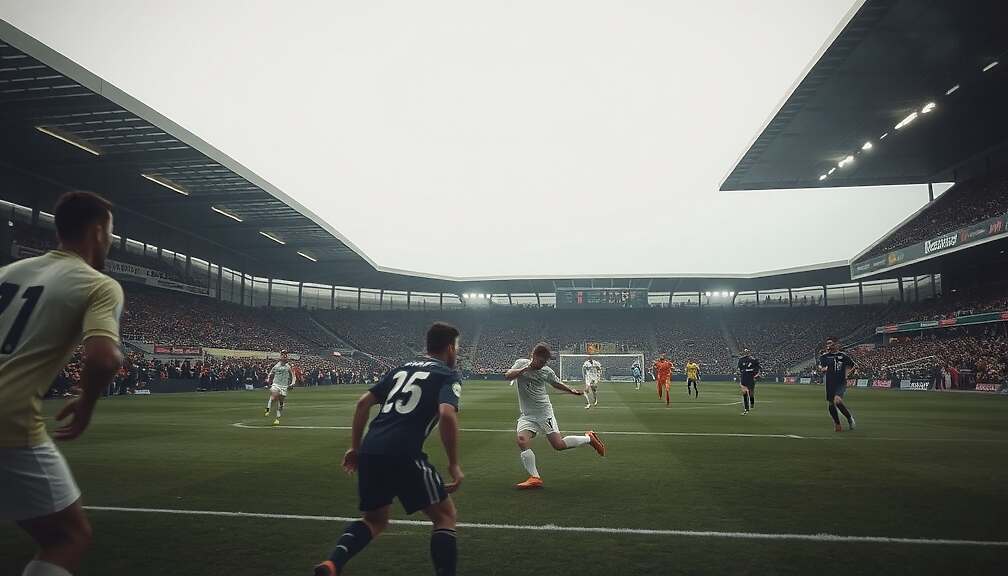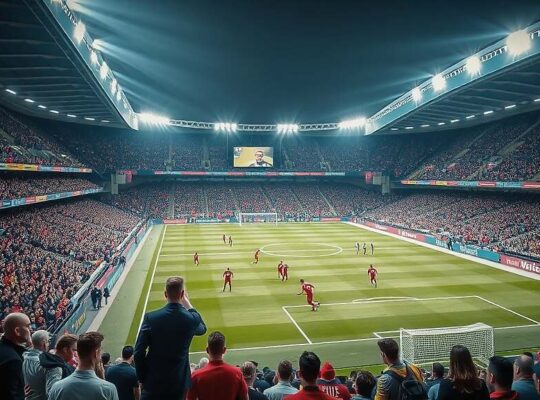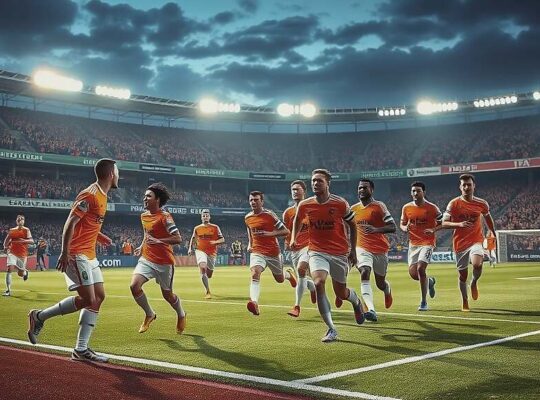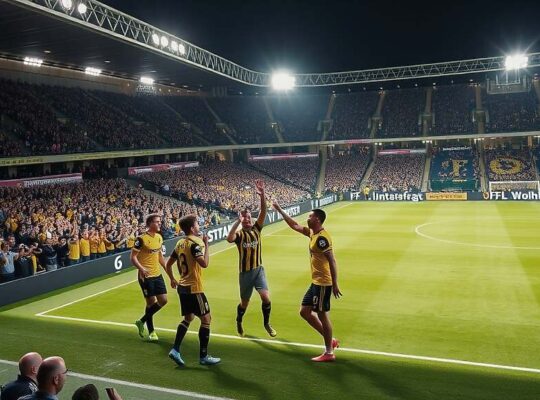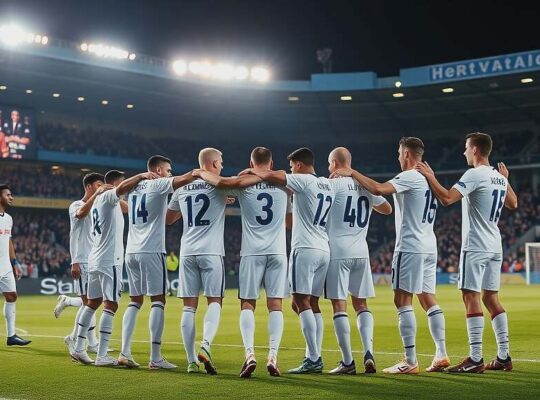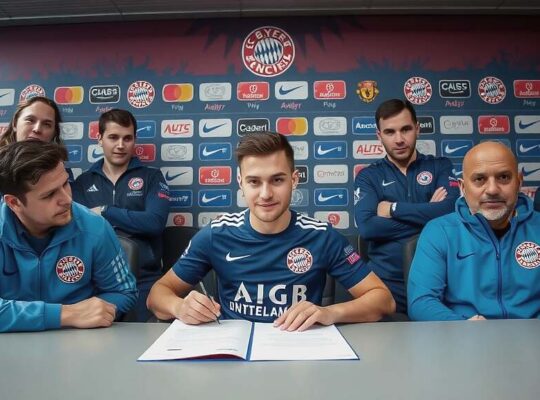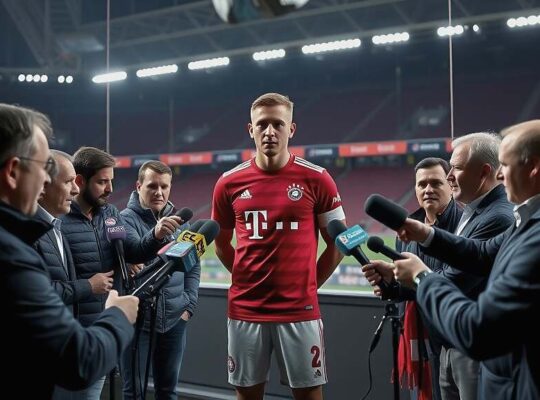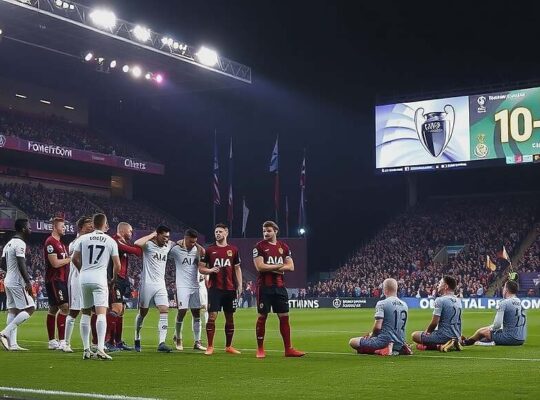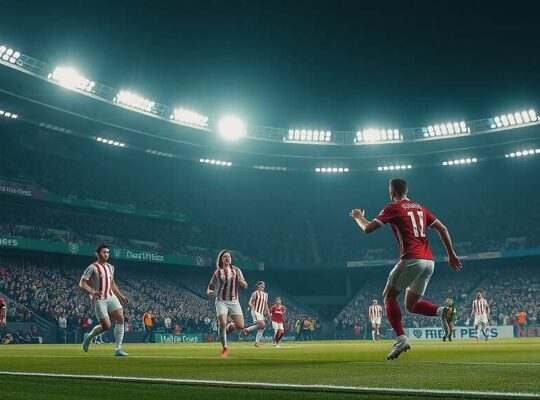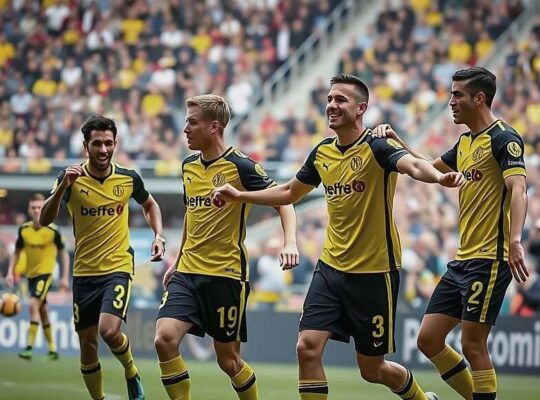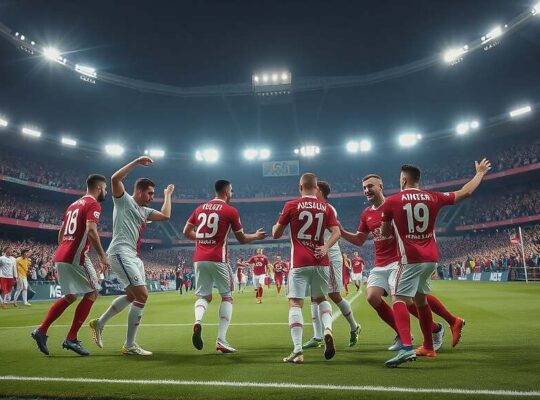The German Cup, DFB-Pokal, delivered a series of unexpected outcomes and a resounding message about the shifting power dynamics within German football this week. Wednesday’s second-round matches exposed vulnerabilities in traditionally strong teams while showcasing the resilience and ambition of those battling for prominence.
The most striking result was undoubtedly SV Darmstadt 98’s comprehensive 4-0 dismantling of FC Schalke 04. Darmstadt, currently leading the second division (2. Bundesliga), delivered a performance that sent shockwaves through the league, effectively dismissing Schalke’s status as table toppers. This result is not merely an upset; it underscores a potential crisis of confidence within Schalke’s squad and raises serious questions about their readiness for the challenges of the Bundesliga. Some commentators suggest the squad’s focus may be diluted across multiple competitions, hindering their overall performance.
Meanwhile, FC Bayern Munich, ever the dominant force, secured a 4-1 victory over 1. FC Köln. While Bayern’s progression to the round of 16 was expected, the early lead taken by Köln, orchestrated by Ragnar Ache, highlighted a momentary lapse in Bayern’s defensive solidity. The subsequent turnaround, propelled by goals from Luis Díaz and Harry Kane, demonstrated Bayern’s enduring quality, but it also subtly exposed a reliance on individual brilliance and the potential for vulnerability when facing organized opposition. Kane’s goalscoring continues to alleviate pressure, however the reliance on him isn’t a sustainable long-term strategy.
SC Freiburg’s 3-1 win against Fortuna Düsseldorf was similarly straightforward, though the early dominance shown by Freiburg – with goals from Igor Matanovic and Vincenzo Grifo within the first six minutes – set a decisive tone for the match. Fortuna’s fightback through Anouar El Azzouzi provided a brief moment of hope, but Derry Scherhant’s late goal definitively sealed the victory. This victory firmly positions Freiburg as a team progressing under their current dynamic, although questions persist regarding their ability to maintain this level of performance against higher-ranked opponents.
The match between Union Berlin and Arminia Bielefeld, extended into extra time after a 1-1 draw, is a strong reflection of the wider anxieties regarding the overall competitiveness within German football. The unpredictability of the competition and the increasing gap between top and lower tier teams are issues that need to be addressed if the league is to maintain its appeal.


